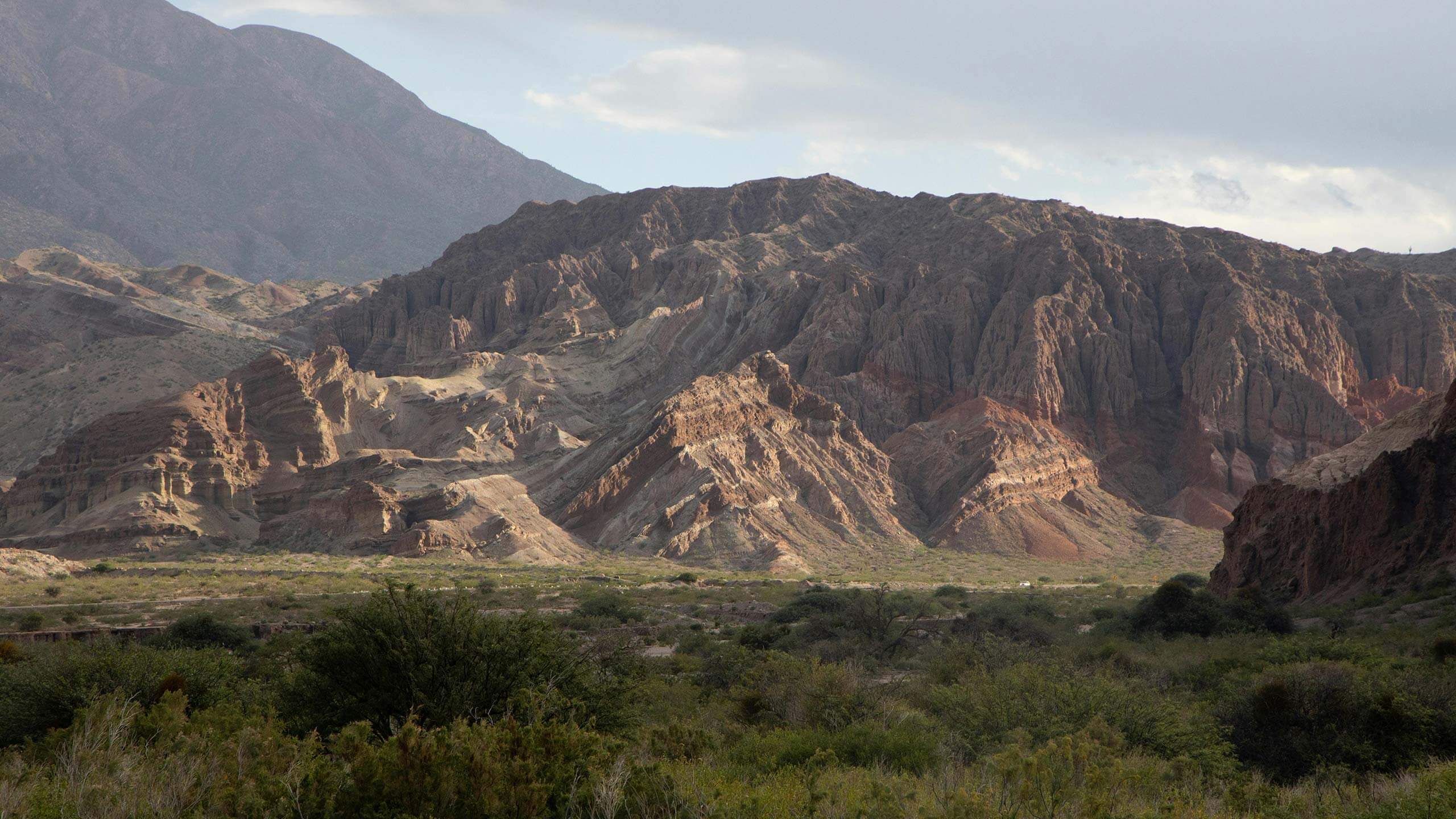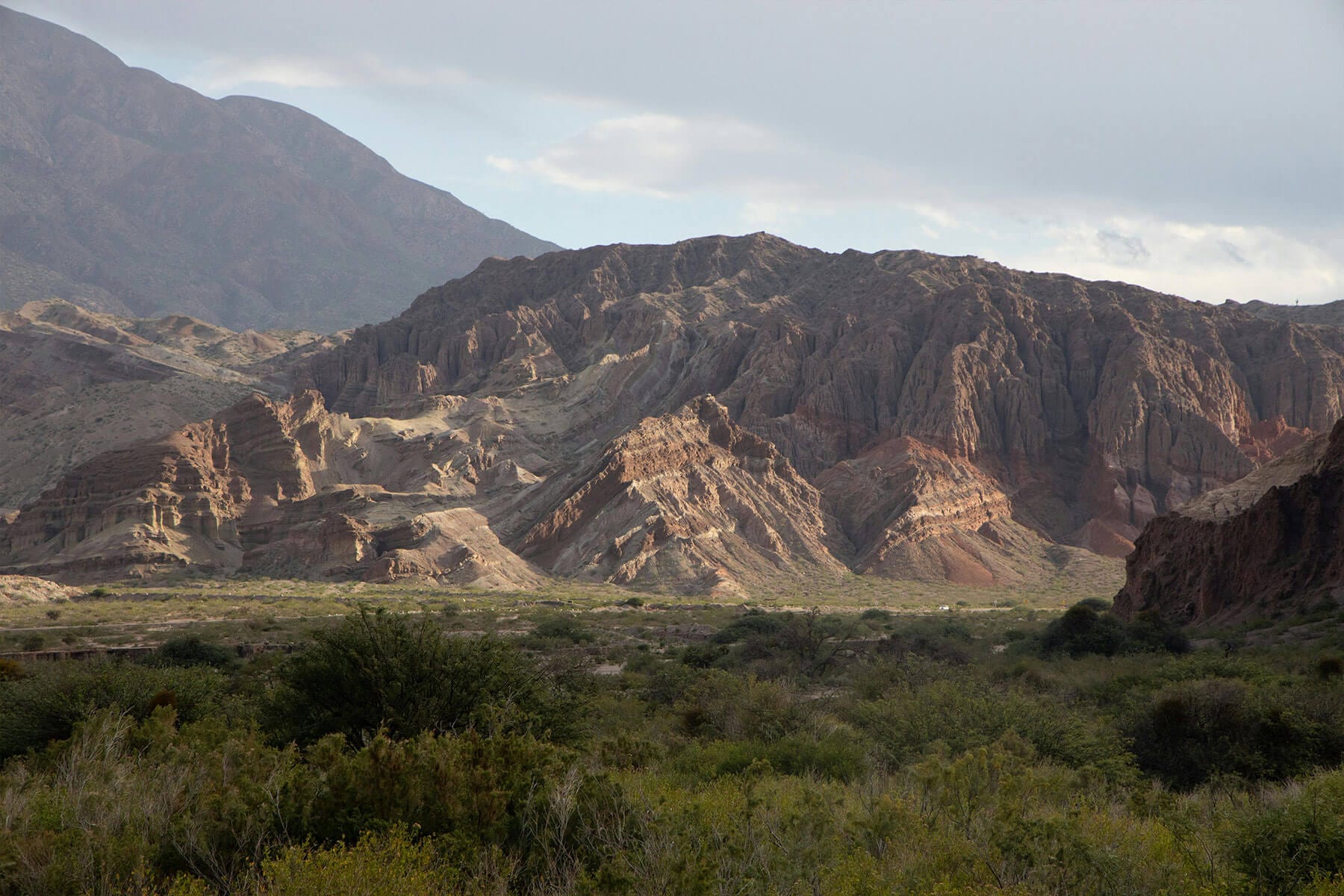Reforestation In
Argentina
Argentina, the eighth largest country in the world, encompasses some of the world's most distinctive landscapes. With 18 ecoregions, the country includes plains, deserts, tropics, arctic areas, and the Andes. Patagonia hosts seals and penguins, while the northern rainforests are home to flamingos, jaguars, and capybaras. And just as awe-inspiring are Mesopotamia's rainforests, the world's tallest volcano in Gran Chaco's dry lands, and the Pampas' flat plains.
Argentina's forests face significant threats, including deforestation, agricultural expansion, and climate change. Illegal logging and land conversion for farming and livestock are major drivers of habitat loss, endangering wildlife and reducing biodiversity. Climate change accelerates these issues, leading to more frequent and severe droughts and fires. Conservation efforts are crucial to protect the country’s ecosystems, which are home to diverse species and play an important planetary role.

Argentina Stats
25%
species threatened
25% of Argentina’s bird, mammal, amphibian and reptile species face extinction.
Argentina, Nature Conservancy
1000+
Bird species
1000+ bird species and hundreds of reptiles, mammals, and amphibians call Argentina home.
Biodiversity of vertebrates in Argentina: patterns of richness, endemism and conservation status, NCBI
16,288,000
Hectares of forest lost
Approximately 16,288,000 hectares of Argentina’s forest cover was lost between 1980-2000.
More than 16 million ha of forest cover lost between 1980 and 2000, WWF
75%
Habitat Loss
At least 75% of California’s original habitat has already been lost.
60%
Of Water
60% of potable water in California is sourced from forested watersheds.
Project Highlights
Reforestation in Argentina helps regenerate diverse native forests, restore wildfire-affected areas, protect wildlife habitats, encourage biodiversity, and sequester carbon. Learn about three recent projects that have successfully planted trees in Argentina!

Cholila, Restauración de bosques nativos degradados
This project focuses on restoring land that was heavily degraded from large forest fires that have affected a total of 21,777 hectares in Argentinean Patagonia over the last decade. The forests of Patagonia are home to many endemic species, some in danger of extinction, like the South Andean Deer, or “Huemul.” The local community has been working diligently to restore these lands over the past seven years.
El Potrero - Arrocera
This project planted native trees in the province's largest private nature reserve to reverse the effects of decades of cattle ranching on the land. The degraded areas were seeing only one of the native species naturally regenerating, which was dominating the landscape and preventing other native species from establishing. By assisting in re-planting a diverse selection of native trees, this initiative aims to restore the forest to the state it was in before agricultural intervention.


Sierras grandes de Córdoba
This project aims to regenerate and restore high altitude Polylepis forests within the Pampa de Achala watershed, which supplies 80% of Cordoba’s water. The humid environments that this species fosters are key to not only combating desertification and erosion resulting from land degradation, but also serve as natural fire break. Restoring these vast ecosystems will also favor the development and recovery of emblematic species of the region such as the Puma, the Achala Fox and the Condor.



